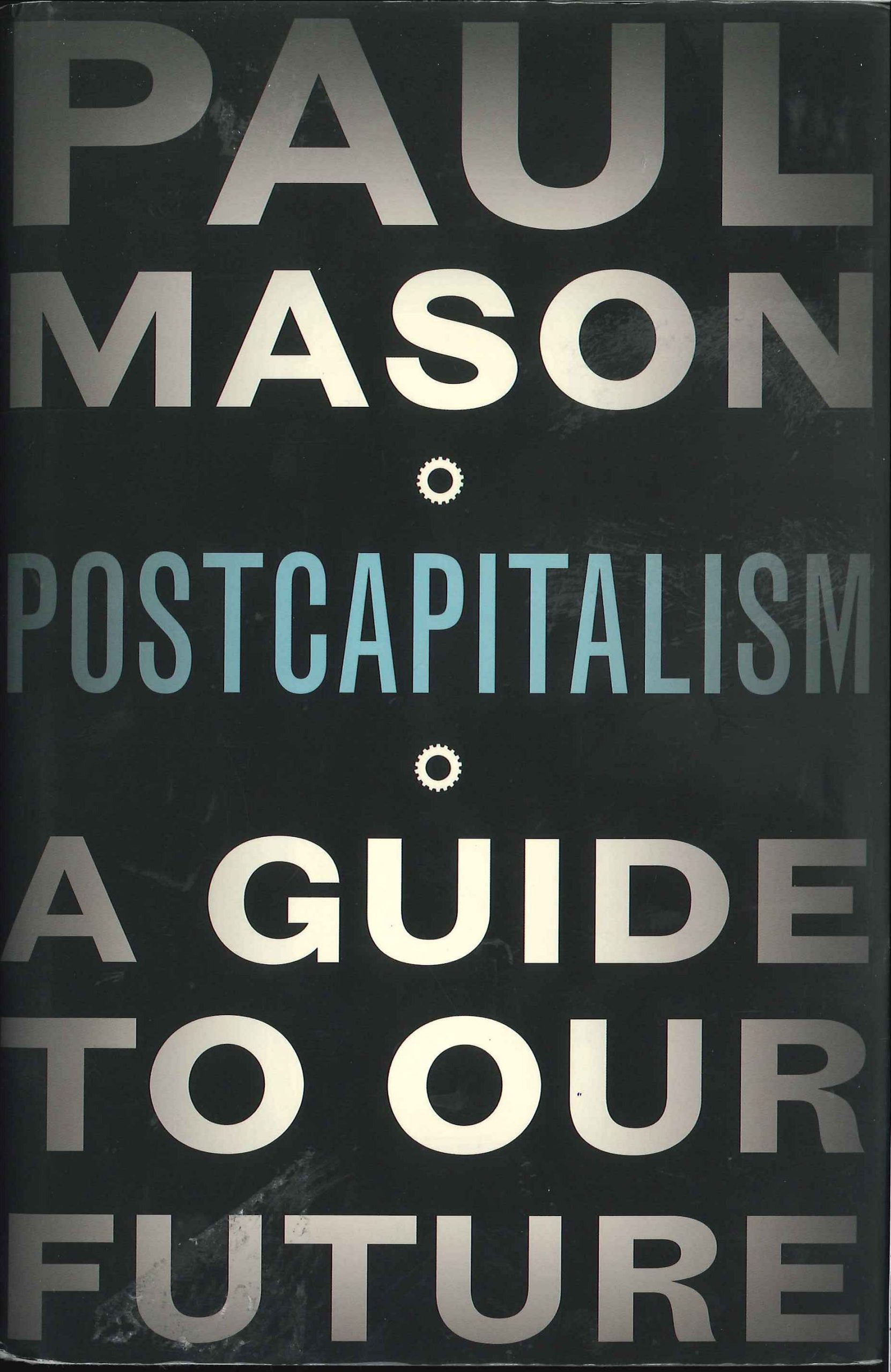Ever since the banking crisis of 2008 and the subsequent economic crises, our economic system has been limping. In fact, resurrection is taking so long that broadcaster and economics editor with the Guardian, Paul Mason, thinks that the neoliberal ideology itself, the basis of capitalism, is bankrupt.
The neoliberal free-market ideology is so ubiquitous that we take its core assumptions for granted. We assume ‘that the best people win because of their talent; that the market is the expression of rationality; that the workers of the developed world are too lazy; that taxing the rich is futile’, as Mason puts it.
And there is another flaw in the economic science that Mason points out: economists perceive the world in 19th-century terms of land, labour and capital. There have been attempts to put a price on information, as on the environment or carbon dioxide, but so far to no avail.
Information technology gives rise to lots of new activities. A lot of them fall outside the economic system because they are based on sharing instead of a market. Wikipedia is a good example. Other information technologies disrupt existing monopolies (while forming other ones instead like Amazon) or totally transform markets (of CD’s and DVD’s for example).
Postcapitalism
Mason argues that information technology will fundamentally change economics into ‘postcapitalism’. ‘Postcapitalism could take many forms’, Mason writes. ‘We’ll know it’s happened if a large number of goods become cheap or for free, but people go on producing them irrespective of market forces. We’ll know it’s underway once the blurred relationship between work and leisure, and between hours and wages, becomes institutionalized.’
At this point in the book (about halfway) I became curious to know what postcapitalism would look like in practice. Before Mason comes to that, he takes an enormous detour. He discusses the history of labour unions (whose force has been atomised since every individual regards herself as a one-woman enterprise). Mason also sketches a history of transitions and a list of looming crises (climate change and demographics).
Naive leftist policy
When he finally arrives at his ‘project zero’ in chapter 10, he draws the outline of a naive leftist policy: stop the privatization of energy, public transport, health care and education. Reshape markets to favour sustainable, collaborative and socially just outcomes. And also: write off unilaterally unpayable debts (like Greece carries), nationalize banks and introduce a basic income for everyone.
Does Mason convince? Not really. After the long detour, his concrete measures, which you may sympathise with or not, do not follow from deduction, but get drawn out of thin air.
Mason has put an important issue on the table: the shortcomings of capitalism. He offers a concise history of economics, but he falls short when it comes to credibly outlining the future.
Paul Mason, PostCapitalism, A Guide to Our Future, Penguin Random House, 2015, 242 pages, 28 Euro.



Comments are closed.